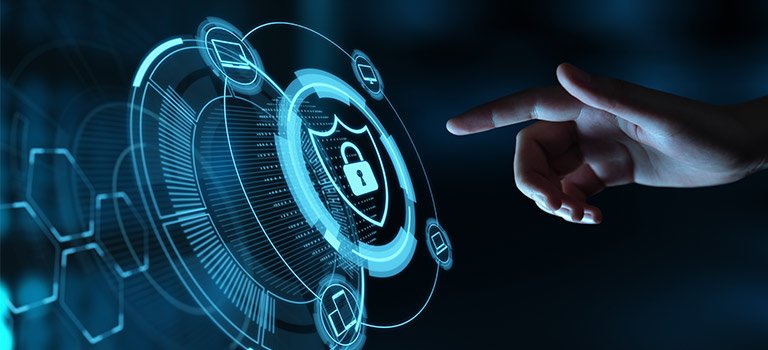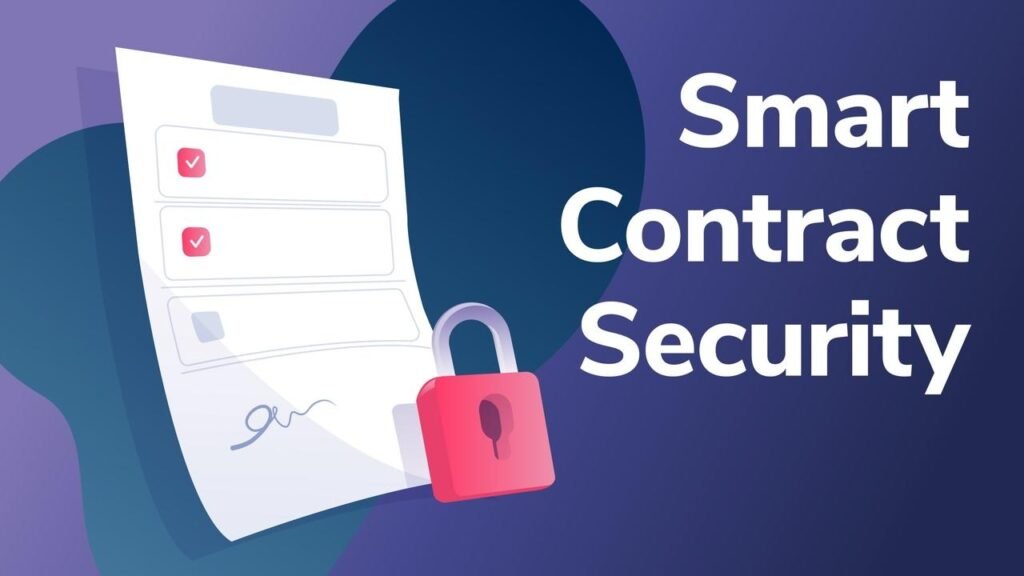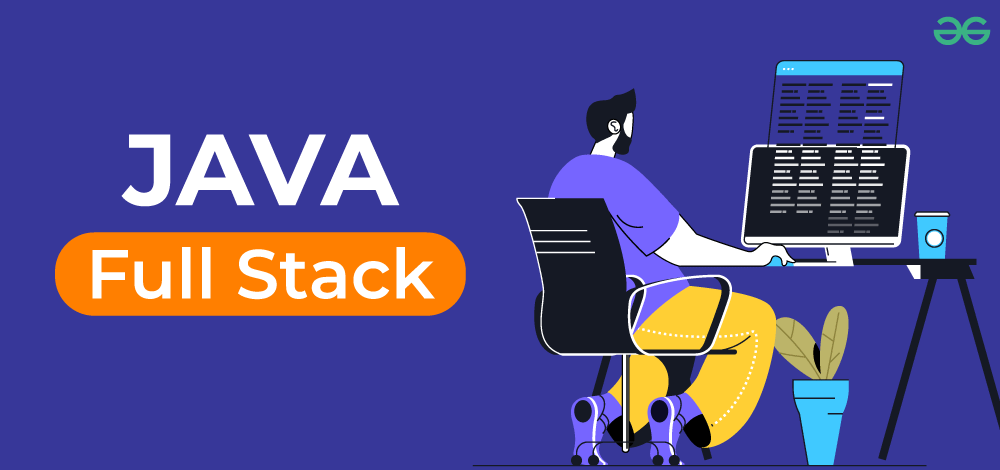With the growing popularity of cryptocurrencies, it has become imperative to understand how to secure digital assets. The “Newznav.com Crypto Archives Page” provides plenty of information on this topic, focusing on blockchain security and ways to protect your investment. This comprehensive guide will cover various aspects of blockchain security, ensuring you are well-prepared to protect your digital assets.
Understanding Blockchain Security
Blockchain technology provides a secure way to store and transfer digital assets. However, despite its robust design, it is not impenetrable. The “Newznav.com Crypto Archives Page” delves deep into the intricacies of blockchain security, highlighting potential threats and effective protective measures. By understanding these risks and implementing best practices, you can significantly enhance the security of your digital holdings.
Common Threats to Blockchain Security
Security threats in the blockchain space can compromise the security of your digital assets. The “Newznav.com Crypto Archives Page” outlines some of the most common threats, including:

- Phishing attacks: Attackers often use fake emails or websites to trick users into revealing their private keys or passwords. It’s important to verify the authenticity of communications.
- Malware and ransomware: Malicious software can be used to steal sensitive information or lock you out of your accounts.
- Exchange hacks: Hackers often target cryptocurrency exchanges due to the large amounts of digital assets stored on these platforms.
- Smart contract exploits: Vulnerabilities in smart contract code can lead to unauthorized access or theft.
- 51% attacks: If an entity gains control of more than half of the network’s computing power, they can manipulate the blockchain and disrupt transactions.
These threats highlight the importance of taking proactive steps to secure your digital assets. The “Newznav.com Crypto Archives Page” provides detailed guidance on how to mitigate these risks.
Main Principles of Blockchain Security
The security of blockchain technology depends on several fundamental principles:
- Decentralization: The decentralized nature of blockchain makes it difficult for a single point of failure to compromise the network.
- Cryptographic Hashing: Transactions are encoded using unique hashes, ensuring data integrity and preventing unauthorized modifications.
- Consensus Mechanisms: Networks use consensus mechanisms such as Proof of Work (PoW) or Proof of Stake (PoS) to validate transactions and maintain the integrity of the blockchain.
- Public and Private Keys: Users manage their digital assets using cryptographic keys, where the public key is known to others, and the private key remains confidential.
By following these principles, blockchain technology provides a secure basis for managing digital assets. The “Newznav.com Crypto Archives Page” provides an in-depth explanation of these concepts, making it easier for users to understand the complexities of blockchain security.
Best Practices for Securing Digital Assets
To protect your digital assets, it is essential to follow best practices. The “Newznav.com Crypto Archives Page” provides a comprehensive list of tips:

- Use hardware wallets: These wallets store private keys offline, making them resistant to online threats.
- Enable two-factor authentication (2FA): Adding an extra layer of security can prevent unauthorized access to your accounts.
- Regular software updates: Keep your wallet and other software updated to protect against known vulnerabilities.
- Avoid public Wi-Fi for transactions: Public networks can be easily compromised, putting your digital assets at risk.
- Backup your wallet: Regularly back up your wallet and private keys to ensure you can get your assets back in case of loss or theft.
These practices, highlighted on the “Newznav.com Crypto Archives Page,” can help you protect your digital investments from common security threats.
Choosing the right wallet: Information from the Newznav.com Crypto Archive page
Choosing the right wallet is crucial to keeping your digital assets secure. The “Newznav.com Crypto Archive page” provides valuable information about the different types of wallets:
- Hot wallets: These wallets are connected to the internet and are suitable for frequent transactions, but are more vulnerable to attacks.
- Cold wallets: Cold wallets are not connected to the internet, providing better security for long-term storage.
- Paper wallets: These are physical copies of your private keys, providing a form of cold storage.
- Multi-signature wallets: Require multiple keys to authorize a transaction, adding an additional layer of security.
The “Newznav.com Crypto Archive page” provides detailed comparisons and use cases for each type of wallet, helping users make informed decisions based on their specific needs.
Protecting your private keys
Private keys are the cornerstone of blockchain security. The “Newznav.com Crypto Archives Page” emphasizes the importance of keeping your private keys secure. Here are some tips:
- Don’t share your private keys: Never share your private key with anyone. It’s the only way to access your digital assets.
- Use a hardware wallet: Storing your private key offline in a hardware wallet can keep it safe from online threats.
- Create multiple backups: Store backups of your private key in multiple secure locations to prevent loss.
Following these tips from the “Newznav.com Crypto Archives Page” can help ensure that your private keys remain secure, keeping your digital assets safe from unauthorized access.
Understanding Smart Contract Security
Smart contracts are an integral part of many blockchain platforms. However, poorly coded contracts can pose security risks. The “Newznav.com Crypto Archives Page” provides a detailed guide on smart contract security, including:

- Code audits: Audit smart contracts regularly to identify and fix vulnerabilities.
- Use established libraries: Use well-tested libraries and frameworks to reduce the risk of errors.
- Limit functionality: Avoid adding unnecessary features to your smart contract to reduce complexity and potential attack vectors.
These best practices from the “Newznav.com Crypto Archives Page” can help ensure the security of your smart contract, protecting your digital assets from exploitation.
The role of exchanges in blockchain security
Cryptocurrency exchanges are an important part of the blockchain ecosystem, but they are also frequent targets for hackers. The “Newznav.com Crypto Archives Page” offers several tips for using exchanges safely:
- Choose reputable exchanges: Use exchanges with a strong track record of security.
- Withdraw funds to a secure wallet: Avoid leaving large amounts of cryptocurrencies on exchanges. Instead, transfer them to a secure wallet.
- Monitor for suspicious activity: Regularly check your exchange account for unauthorized transactions or login attempts.
By following these tips from the “Newznav.com Crypto Archives Page”, you can minimize the risk of losing your digital assets due to an exchange hack.
Regulatory Compliance and Blockchain Security
Regulatory frameworks are rapidly evolving in the cryptocurrency sector. Complying with regulations is crucial for both security and legitimacy. The “Newznav.com Crypto Archives Page” provides information on how regulatory compliance can enhance blockchain security:
- Preventing fraud: Regulations help prevent fraudulent activities and protect investors.
- Increasing transparency: Compliance with regulations can increase transparency and trust in the blockchain ecosystem.
- Protecting investors: Regulatory measures provide additional protection to investors, reducing the risk of losses due to malicious activities.
The “Newznav.com Crypto Archives Page” provides detailed information on how regulatory compliance can benefit both individuals and businesses in the crypto sector.
The importance of educating yourself on blockchain security
Keeping informed about the latest developments in blockchain security is essential to protecting your digital assets. The “Newznav.com Crypto Archives Page” provides a wealth of educational resources to help users stay updated:
- Follow security news: Stay informed about the latest security threats and best practices.
- Learn from reputable resources: Use the “Newznav.com Crypto Archives Page” to access tutorials, guides, and articles on blockchain security.
- Connect with crypto communities: Join the crypto community to learn from others and share your experiences.
Education is a powerful tool in the fight against cyber threats. The “Newznav.com Crypto Archives Page” provides the resources you need to stay ahead.
Future Trends in Blockchain Security
As technology evolves, so do threats. The “Newznav.com Crypto Archives Page” explores future trends in blockchain security, including:
- Quantum-resistant cryptography: Developing cryptographic techniques that can withstand the power of quantum computers.
- Advanced consensus mechanisms: Exploring new algorithms that provide improved security and efficiency.
- Decentralized identity solutions: Enhance privacy and security by decentralizing identity verification.
Staying ahead of these trends is crucial to maintaining the security of your digital assets. The “Newznav.com Crypto Archives Page” provides information on how these trends will shape the future of blockchain security.
Implementing security protocols in a blockchain project
For those developing blockchain applications, integrating security protocols from the start is a must. The “Newznav.com Crypto Archives Page” outlines the following steps:
- Secure development lifecycle: Implement security at every stage of development, from design to deployment.
- Regular security audits: Perform audits to identify and fix vulnerabilities before they can be exploited.
- Bug bounties: Encourage the community to report vulnerabilities through bug bounty programs.
These strategies from the “Newznav.com Crypto Archives Page” can help ensure that your blockchain project remains secure throughout its lifecycle.
Frequently Asked Questions on Blockchain Security
Q1: What is the safest way to store cryptocurrencies?
The safest way is to use a hardware wallet that keeps your private keys offline. The “Newznav.com Crypto Archives Page” recommends this method for protection against online threats.
Q2: How can I recognize phishing attempts related to my crypto accounts?
Phishing attempts often involve emails or messages that ask for sensitive information. The “Newznav.com Crypto Archives Page” recommends confirming the sender and never sharing private keys or passwords.
Q3: What should I do if I suspect my crypto wallet has been compromised?
Immediately transfer your assets to a new wallet and change all related passwords. The “Newznav.com Crypto Archives Page” suggests monitoring your accounts for any unauthorized transactions.
Q4: Are all blockchain networks equally secure?
No, the security of a blockchain network depends on various factors, including its consensus mechanism and the quality of its code. The “Newznav.com Crypto Archives Page” provides detailed information on this topic.
Q5: How can smart contracts be protected from attacks?
Regular code audits, using established libraries, and limiting functionality are important. The “Newznav.com Crypto Archive Page” provides in-depth guidance on smart contract security.
Q6: Is it safe to store large amounts of crypto on an exchange?
It is generally safer to store large amounts in a secure wallet rather than on an exchange. The “Newznav.com Crypto Archive Page” recommends using an exchange for transactions, not for long-term storage.
Q7: What role do regulations play in blockchain security?
Regulations help prevent fraud and protect investors, increasing the overall security of the blockchain ecosystem. The “Newznav.com Crypto Archive Page” provides detailed information on the impact of regulation on security.
Q8: What is a 51% attack and how can it be prevented?
A 51% attack occurs when an entity gains control over more than half of the computing power of the network. The “Newznav.com Crypto Archives Page” explains that increasing network size and decentralization can reduce this risk.
Q9: How can I ensure my private keys are secure?
Using a hardware wallet, creating multiple backups, and never sharing your private keys are important steps. The “Newznav.com Crypto Archives Page” provides additional tips for keeping your private keys secure.
Q10: What are the future trends in blockchain security?
Quantum-resistant cryptography, advanced consensus mechanisms, and decentralized identity solutions are emerging trends. The “Newznav.com Crypto Archives Page” provides information on how these trends will shape the future.
Conclusion
Blockchain security is a complex and evolving field. The “Newznav.com Crypto Archives Page” provides a comprehensive guide to protecting your digital assets in the rapidly changing world of cryptocurrencies. Whether you are an investor or a developer, understanding the basics of blockchain security and following best practices is crucial to protecting your investment.
By taking advantage of the resources available on the “Newznav.com Crypto Archives Page,” you can stay informed and prepared to meet the challenges of securing digital assets in the blockchain era.
For more technology updates, check out MyTechAngle, your reliable resource for the latest in tech.



